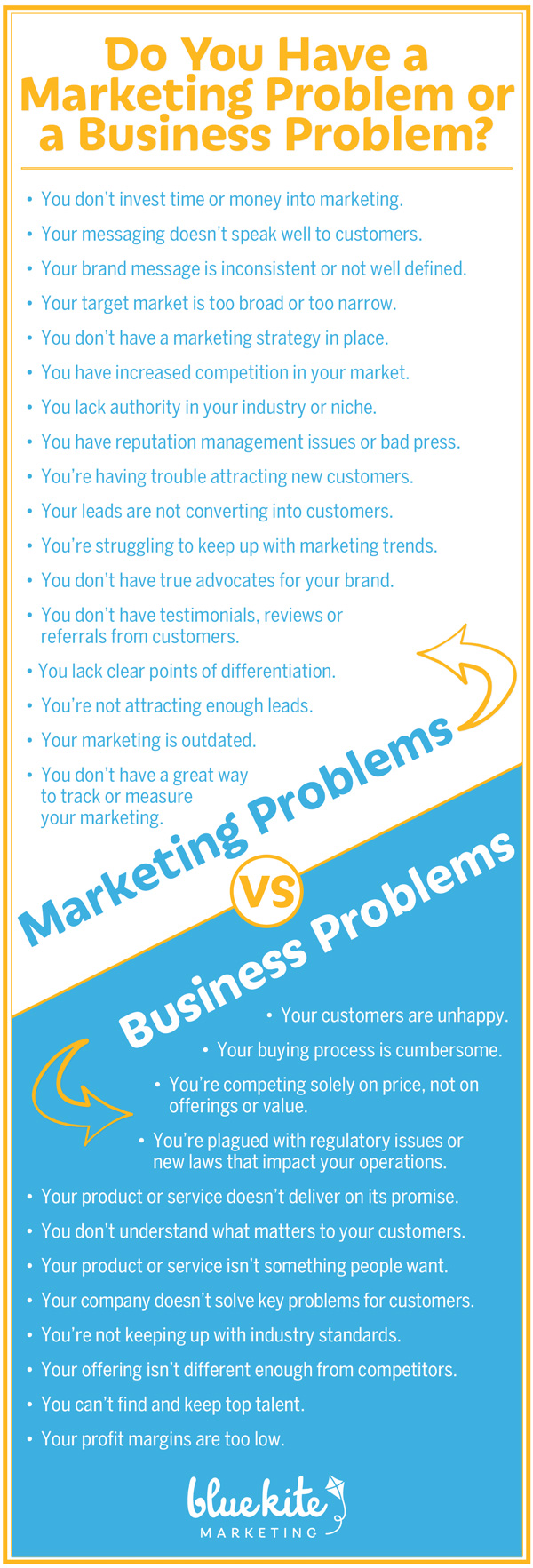

Limited marketing knowledge is a significant hurdle for small business owners, hindering their growth and competitiveness in today’s market. Many small business owners struggle to effectively reach their target audience and generate leads, often resulting in lost opportunities. This article explores actionable strategies to address this issue and empower small businesses to thrive. We’ll delve into the root causes of this problem and provide practical solutions, equipping you with the knowledge and resources you need to enhance your marketing efforts. This article’s structure will cover the definition of the issue, highlighting the difficulties faced by small business owners and the importance of addressing the issue. We’ll move into different strategies, including free resources, educational programs, and supportive networks, examining how these tools can aid in the growth of small businesses and increase their overall visibility. Examples and statistics will be included to support each point. Finally, we’ll present actionable steps, empowering small business owners with the resources to move forward.
Understanding the Problem: Why Limited Marketing Knowledge Matters
Limited marketing knowledge poses a significant challenge for small businesses, often preventing them from reaching their full potential. Small business owners frequently lack the resources and expertise to develop and execute effective marketing strategies. This leads to ineffective campaigns, wasted budgets, and ultimately, reduced sales and profit margins. The problem is more prominent for entrepreneurs who lack prior experience in marketing and sales. Studies show that businesses without a defined marketing plan are far less likely to succeed and scale.
The Impact of Limited Knowledge
The consequences of limited marketing knowledge are far-reaching. It can lead to ineffective advertising campaigns, poor brand positioning, and a lack of customer engagement. This can result in difficulty in reaching the intended customer base, decreased brand awareness, and ultimately, lower sales figures. Without proper knowledge, small business owners often struggle to effectively leverage available digital tools and resources, putting them at a disadvantage in today’s competitive market.
Addressing the Knowledge Gap
Fortunately, there are actionable solutions for addressing the gap in marketing knowledge. We’ll now explore specific strategies to empower small business owners to overcome these challenges and drive growth.
Leveraging Free Resources to Bridge the Knowledge Gap
Numerous free resources can empower small business owners to enhance their marketing knowledge. Many online platforms offer valuable tutorials, webinars, and articles. For example, Google My Business provides free tools to manage online presence, which are invaluable for local businesses. These free resources are easily accessible and provide valuable insights to small business owners, enabling them to develop comprehensive marketing strategies.
Online Learning Platforms
Online platforms like Coursera, Udemy, and LinkedIn Learning offer a wealth of affordable and accessible courses on various marketing topics. These platforms provide a structured learning environment, allowing entrepreneurs to enhance their skills at their own pace and in their own time. Courses on social media marketing, content creation, and SEO are specifically helpful for small businesses looking to improve their online visibility.
Free Marketing Tools
Free marketing tools are available to help small businesses. For example, Canva offers easy-to-use design tools for creating social media graphics and promotional materials. Similarly, there are free SEO tools available which can help boost organic search results, boosting online visibility. These tools can be leveraged to create engaging content and maximize the effectiveness of marketing campaigns.
The Importance of Education and Mentorship
Educational opportunities can play a vital role in closing the gap in marketing knowledge. Mentorship programs connect small business owners with experienced professionals who can provide guidance and support. These programs offer practical advice, insights, and valuable networking opportunities.
Workshops and Seminars
Local chambers of commerce and community organizations often host workshops and seminars on various marketing topics. These events can provide hands-on experience and networking opportunities, helping small business owners to implement new skills immediately and build strong connections within their community.
Networking and Support Groups
Networking with other small business owners can be incredibly beneficial. Support groups and online forums provide a platform for sharing knowledge, experiences, and challenges. These groups help to promote collaboration, problem-solving and the sharing of best practices. Small business owners can gain valuable insights from peers’ experiences, enabling them to improve their own marketing strategies.
Implementing Actionable Strategies for Sustainable Growth
Implementing actionable strategies to address the problem is crucial for small business sustainability. Small business owners can utilize various tactics to build a comprehensive plan.
Defining your target market
Identifying your ideal customer is the first step to develop effective strategies. This helps to create targeted marketing messages that resonate with your potential customers and improve conversions.
Setting clear marketing goals
Setting specific, measurable, achievable, relevant, and time-bound (SMART) goals provides a clear roadmap for your marketing efforts. It helps to ensure that you allocate resources efficiently and monitor progress effectively.
Creating a content marketing plan
Developing a content strategy allows small businesses to create valuable content that attracts and engages their target audience.
Building a strong online presence
Building a robust online presence is crucial for small business owners to reach a larger audience. A well-designed website and active social media presence are key components.
Measuring and Adapting Marketing Efforts
Constantly monitoring and adapting marketing strategies is crucial for ongoing success. Use key performance indicators (KPIs) to track campaign effectiveness and make data-driven decisions to optimize your efforts.
Tracking key performance indicators (KPIs)
Tracking metrics like website traffic, conversion rates, and social media engagement provides valuable insights into the performance of your marketing efforts. Analyzing data allows you to identify what’s working and what needs improvement.
Regularly evaluating and adjusting strategies
Marketing strategies require consistent monitoring and adjustments based on performance and changing market conditions. Regular evaluation helps you adapt to evolving trends and customer needs to sustain growth.
In conclusion, equipping small business owners with the marketing knowledge they need is crucial for success in today’s competitive market. This article has explored various methods to address the problem of limited marketing knowledge among small business owners, emphasizing the importance of resources, education, and support. By implementing these strategies, small business owners can gain a competitive edge and achieve sustainable growth. Seek out mentorship programs, online courses, and workshops to enhance your marketing prowess. Don’t hesitate to ask for help; seek out resources and build your marketing knowledge today!